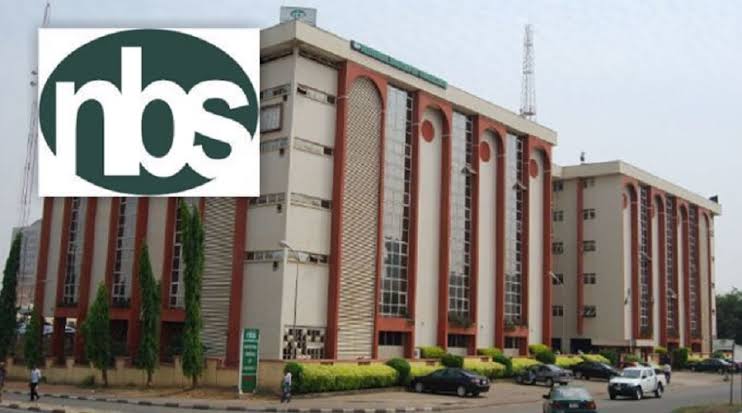Estimated reading time: 3 minutes
A new report by the National Bureau of Statistics (NBS), titled “Corruption in Nigeria: Patterns and Trends,” paints a concerning picture of bribery in the country.

The report estimates that a staggering N721 billion ($1.26 billion) was paid in cash bribes to public officials in 2023. This figure represents roughly 0.35% of Nigeria’s Gross Domestic Product (GDP), highlighting the significant impact of corruption on the nation’s economy.
The report read in part, “According to the 2023 survey, the average cash bribe paid was 8,284 Nigerian Naira. While the nominal average cash bribe size increased since 2019 (from NGN 5,754), this does not account for inflation. The inflation-adjusted average cash bribe in 2023 was 29 per cent smaller than in 2019 in terms of what could be bought with the money.
“Overall, it is estimated that a total of roughly NGN 721 billion (US$1.26 billion) was paid in cash bribes to public officials in Nigeria in 2023, corresponding to 0.35 per cent of the entire Gross Domestic Product of Nigeria.”
The report sheds light on several key aspects of bribery in Nigeria:
- Prevalence: The N721 billion figure translates to an average of N8,284 per bribe paid. While this represents an increase from the 2019 average of N5,754, it’s important to note that inflation has eroded the real value of bribes over time.
- Frequency: The average Nigerian paid roughly 5.1 bribes in 2023, showing a slight decrease from 2019. However, with an estimated 87 million bribes paid in total, a significant portion of the population continues to face this corrupt practice.
- Forms of Bribery: While cash remains the dominant form of bribery (over 95%), the report acknowledges instances where people offer food, drinks, animals, or even exchange services for favors.
The report’s findings raise serious concerns about the effectiveness of Nigeria’s anti-corruption efforts. The decline in the average bribe amount and frequency could be interpreted as progress. However, the sheer volume of bribes paid in 2023 suggests a deep-rooted problem.
Impact of Bribery:
The pervasiveness of bribery has a detrimental effect on Nigeria’s development:
- Economic Stagnation: Bribery distorts competition and discourages legitimate investment, hindering economic growth.
- Erosion of Public Trust: When citizens perceive public officials as corrupt, they become less likely to engage with government institutions and participate in democratic processes.
- Inequality: Bribery disproportionately impacts the poor and marginalized, who are often forced to pay bribes to access basic services.
Tags: NBS, National Bureau of Statistics, Gross Domestic Product, GDP, Nigeria, Corruption, Bribery, Economy






